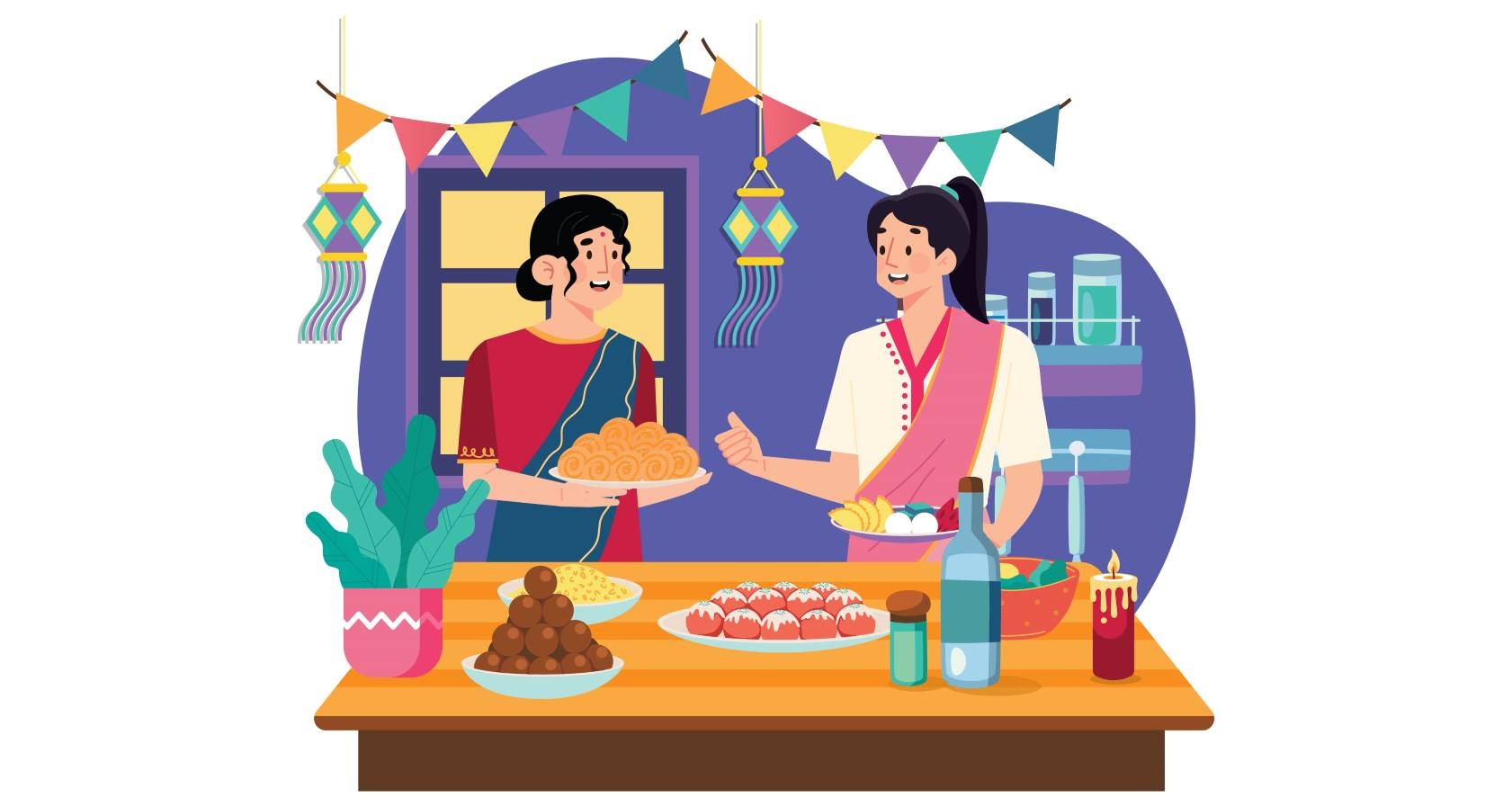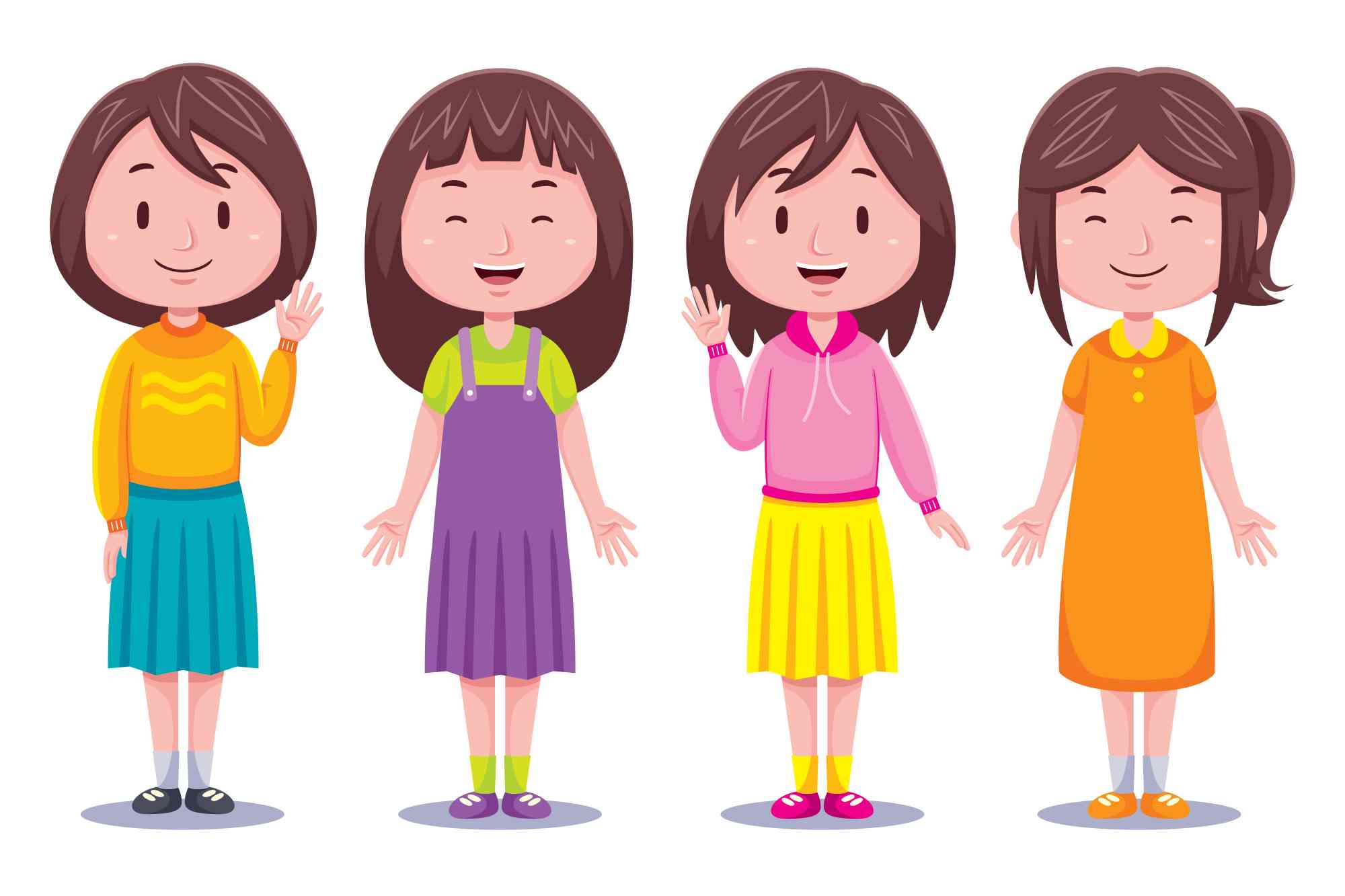7 Crore+ Customers

Affordable Premium

7 Crore+ Customers

Affordable Premium



Over the past few years, the Government of India has introduced several schemes that focus on women and aims to provide them with their due social dignity and ensure ways of earning. As the past of Indian society is filled with stances of gender inequality, the Government has come forward to bring equality at every level, empower women and uplift child education.
Following is a list of women empowerment schemes in India to give you a comprehensive understanding of various operational schemes.
Read along!
There are various ways to define women's empowerment, also known as female empowerment, such as valuing women's perspectives, actively seeking them out, and elevating women's status via training, education, awareness, and literacy. Women's empowerment gives them the tools and freedom to choose how to respond to many societal issues that affect their lives.
The empowerment of women has gained substantial attention in the fields of economics and development. By raising awareness and promoting literacy, education, training, and empowerment, women's standing is improved. Moreover, the ability of women to make wise decisions in life that they were previously unable to make them empowered.
Providing women with access to financial aid, education, and career prospects is the aim of women empowerment schemes. Additionally, the schemes seek to advance the health and well-being of women. The following points include the objectives for women's empowerment schemes in India:
The following is a list of current initiatives in India that seek to empower and enable women:

Launched on 22nd January 2015 by the Prime Minister of India in Haryana, the Beti Bachao Beti Padhao Scheme ensures survival, protection and education of girl children. The scheme aims to address issues of the declining sex ratio over the past few years, create social awareness and enhance the efficiency of welfare services developed for girls.
The Beti Bachao Beti Padhao Scheme is applicable to the whole country. However, to ensure maximum reach, this scheme is divided into 3 groups. These are -
Women and Child Welfare
To promote safe accommodation and environment for working women and provide daycare facilities for their children, the Government of India has introduced the ‘Working Women Hostel Scheme’. Through this women empowerment scheme, the Government provides grant-in-aid for construction and new hostel buildings and extension of an existing building in rented premises.
Women and Child Care Development Ministry
Note: The requirement of documents may vary from one state to another.
Next in the list of women empowerment schemes in India comes One Stop Centre Scheme. It is a centrally sponsored scheme and is funded through the Nirbhaya fund. State governments receive 100% central assistance to protect women affected by violence (gender-based such as acid attacks, rape, and sexual harassment) in public and private spaces. This scheme facilitates emergency (medical), legal aid and counselling, non-emergency services under one roof to combat all forms of violence against women.
All women affected by violence, irrespective of class, caste, region, religion, marital status or sexual orientation, can get benefits under the One Stop Centre Scheme.
Women and Child Development Ministry
All women, including girls aged below 18.
Since this is a different kind of scheme (which provides shelter, medical assistance, etc.), there is no such specific application process.
However, women affected by violence can reach for help by any of the following methods,
Once the complaint is registered (be it SMS or internet), a text message will reach DPO/PO/ CDPO DYSP /CMO /SHO/ DM/ SP/PO of the district/area as per requirement. Also, if the victim comes in person to register an application or any other person comes on her behalf, the case details will be updated in a system, and a Unique ID will be generated.
Women Helpline Scheme is one of the government schemes for women empowerment that intends to give 24x7 emergency responses to women affected by violence in private or public spaces. The universalisation of women helpline numbers has been done in every State and Union Territory through a single toll-free number (181) that provides immediate support to women nationwide. Further, this scheme creates awareness about women empowerment schemes and programs.
Any women or girls facing violence or willing to know about various women related schemes or programs
Women and Child Development Ministry
No data is available
Women suffering from violence in public and private spaces can contact for instant help or rescue through the following ways,
In this service, a victim’s number is tracked or located. If a call gets disconnected or interrupted while a victim is stating her issue due to being sick or disabled, emergency services will reach there (by tracking address) immediately.
Mahila E-Haat is an initiative launched by the Ministry of Women and Child Development. It is one of the women empowerment schemes in India which provides an opportunity for women entrepreneurs for using technology and presents their products (made/manufactured/sold) on an online platform.
With only mobile and internet connections, women entrepreneurs can showcase their products along with descriptions and photographs. Here, buyers can also reach sellers telephonically, physically, through email or any other medium. The list of products may include clothing, fashion accessories, pottery, boxes, home décor, toys and many other things. This initiative supports the ‘Make in India’ program through an online platform.
Women entrepreneurs, women self-help groups (SHG), NGOs
Women and Child Development
The Ministry of Women and Child Development, along with Home Affairs, launched the Mahila Police Volunteers scheme in all States and Union Territories. This central government-sponsored scheme aims to create a link between police authorities and local communities to ensure police outreach on crime cases. This scheme works to create a safe woman-friendly environment and encourages women to join the police force.
Indian women
Ministry of Women and Child Development and Home Affairs
At the district level, the Superintendent of Police and the General Director of the State conduct the selection process.
The first step to applying correctly for this women empowerment scheme in India is approaching the concerned authority. The notice will be issued in offices including Local Thana, Police Chowki, PS/OP/DySP/SP Offices, DM Office, Panchayat Office, Accredited Social Health Activist, Municipal Office, Anganwadi Workers (AWWs), Auxiliary Nurse Midwives (ANMs), Publicity through Tehsildar Office, Block Development Officer.
Thereafter, applicants can follow the steps given below -
Identity proof (Aadhar card, voter identity card, PAN Card, driving licence, etc.)
Note: The women applicant must not have a default record in any bank.
One of the most effective women empowerment schemes in India is STEP (Support to Training and Employment Program for Women). It was introduced to provide training in skill development and to assure employment to women. This government-backed scheme offers grants to institutions and organisations to conduct the training programme.
Marginalised (with special focus on SC/ST households, women-headed households and families below the poverty line), asset-less rural women and urban poor.
Women and Child Development
SWADHAR Greh, one of the Government schemes for women's empowerment in India, aims to provide shelter, food, clothing, social, economic and health security. This scheme provides legal assistance to women and helps them take initiative for readjusting in societies.
Women and Child Development
Women aged 18 years or above
Aadhaar Card and other documents as instructed by the concerned authority
Another popular women empowerment scheme in India is Mahila Shakti Kendra. It aims to provide one-stop convergent support services to women to develop skills, generate employment opportunities, and increase digital literacy. This scheme is operational at multiple levels, such as national level, state level, and district level. The Government intends to cover the 115 most backward districts by establishing 920 Mahila Shakti Kendras.
Rural women
Women must be a resident of India.
The Government has introduced National Creche Scheme for the children of a working mother. This scheme provides daycare facilities to the children and guarantees to improve the health and nutrition status of children. Further, this women empowerment yojana promotes physical, social, and holistic development of children and educates parents to enhance childcare methods or techniques.
Children of working women.
Women and Child Development
The applicant family has to provide certain fees to the respective crèche to opt for the services offered under the Rajiv Gandhi National Creche Scheme. These are -
Launched in, the Ujjawala scheme to uplift women and safeguard their well-being. to reduce the negative effects on health that come from cooking with dirty fossil fuels and other fuels. to reduce indoor pollution that results from burning fossil fuels, which aggravates respiratory conditions.
Rural women
Rural women above the age of 18
Applications can be submitted in person at the distributor or online through an Online Portal to any distributor of the applicant's choosing.
The Pradhan Mantri Matru Vandana Yojana program's goal is to give maternity benefits to mothers from underprivileged social and economic backgrounds. A woman is entitled to get the maternity benefit for the first two children she bears, as long as the second child is a girl.
All expectant mothers (PM) and nursing mothers (LM), with the exception of those who work for public sector undertakings, the state or federal governments, or who already get comparable benefits under another applicable law.
Pregnant and lactating women of 19 years of age or above for the first live birth.
Go through these processes to carefully apply for the Pradhan Mantri Matru Vandana Yojana (PMMVY) scheme:
The introduction of various women empowerment schemes in India has benefited women in multiple ways. These are -
Now that you know about various government-backed women empowerment schemes in India and their benefits, apply for any of them (as per your requirement) and establish yourself as an educated and empowered woman in society.